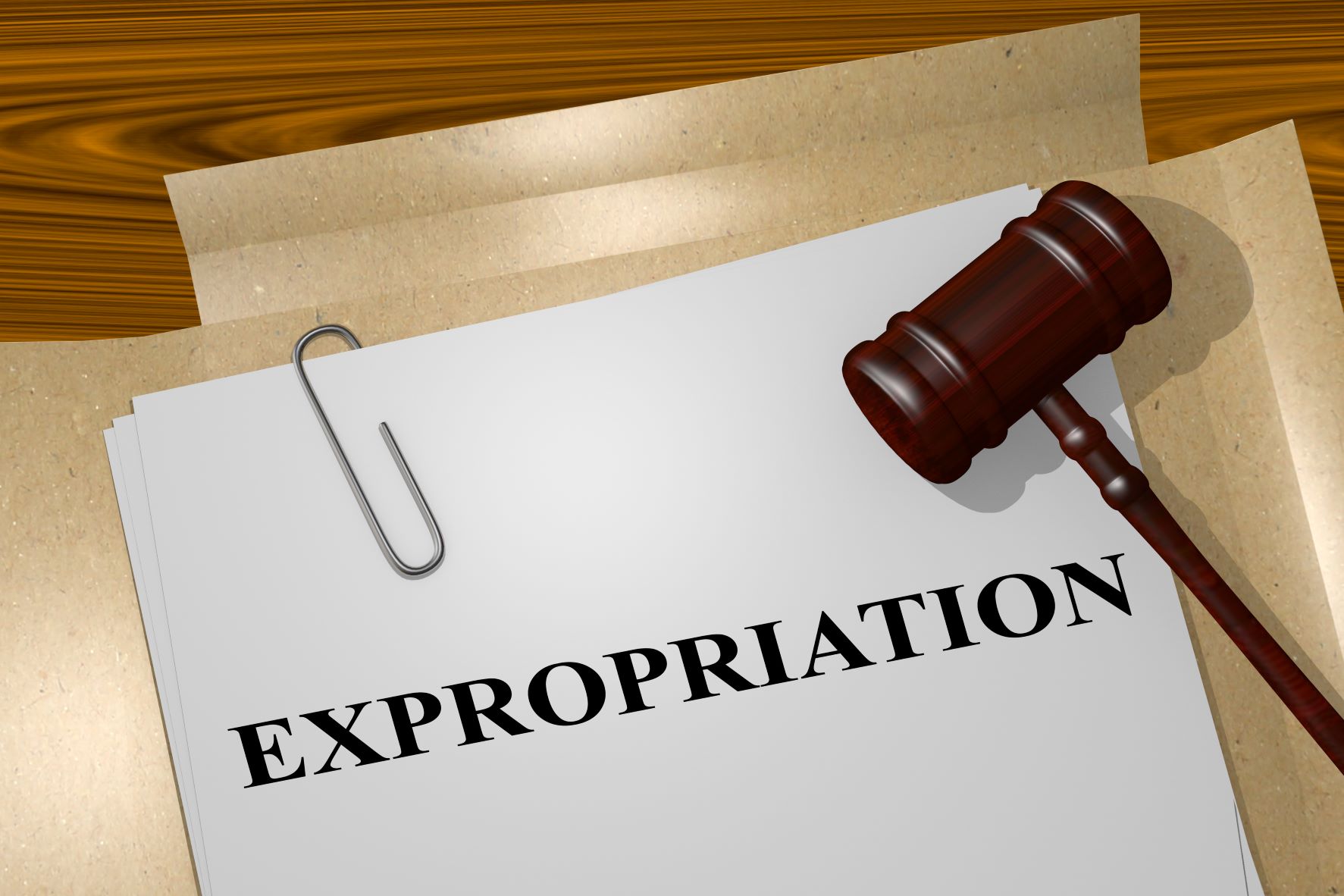
BLOG
Definition of expropriation – a risk that should not be ignored

The Expropriation Bill is currently before the Portfolio Committee on Public Works and Infrastructure. The portfolio committee started discussing the Bill clause by clause on 10 March. What was surprising, was that, when the definitions were discussed, there was no mention of the definition of expropriation, which is not only the most controversial definition but one of the most problematic aspects of the Bill.
Why is this definition problematic?
Constitutionally speaking, there are two concepts that are relevant when it comes to the taking of property, namely deprivation and expropriation. Deprivation is the wider concept encompassing any reasonable limitation placed on the use and enjoyment of property for the greater good, expropriation is an extreme form of deprivation. Only expropriation attracts compensation. That is why the definition of expropriation is so important – if an action by government that has an impact on property falls outside the definition of expropriation, it will be regarded as mere deprivation, and no compensation will be payable.
The definition in the Expropriation Bill is very narrow and has a strong focus on the acquisition of the property by the state. It does not consider the loss that the property owner suffers. This definition may have the dual effect of allowing excessive regulation as well as undermining all rights in state property short of full ownership. It opens up the possibility of all sorts of regulatory limitations on property with no compensation and of the state acquiring property on behalf of third parties, whilst now acquiring the property for itself. In the second instance, it allows the rights to extinguish all rights held by third parties in state-owned properties without paying compensation.
Relevant court judgements
The most quoted and also most criticised judgement is the Constitutional Court judgement in the Agri SA case that dealt with old order mineral rights.[1] The Constitutional Court held that the eradication of old order mineral rights did not amount to expropriation as the state did not acquire the rights but merely held it as the ‘custodian’ on behalf of the nation. The action was regarded as a mere deprivation that does not attract compensation.
In Arun Property Development (Pty) Ltd v City of Cape Town[2] the Constitutional Court gave recognition to the so-called doctrine of constructive expropriation. According to the provisions of the Western Cape Land Use Planning Ordinance (LUPO), the City of Cape Town required Arun Property Development to cede certain portions of its property to the city to be used as public spaces as a condition for approving the development of the property for residential purposes. The LUPO made provision for the municipality to require land in excess of what is required to be ceded without compensation but expressly stated that the developer was not entitled to compensation. Despite the fact that the legislation was explicit in that no compensation is payable, the Constitutional Court held that it is tantamount to expropriation and ordered the payment of just and equitable compensation. In the court’s opinion, the action amounted to an expropriation as contemplated in the Constitution irrespective of what the legislation stated. This judgement seems to recognise the concept of constructive expropriation and the duty to compensate if rights are materially affected even if it does not amount to acquisition by the state.
Conclusion
This definition is not something to glance over. It deserves serious consideration by all the political parties in the portfolio committee and the legal advisers who are advising the committee on the Bill.
[1] Agri SA v Minister for Minerals and Energy 1 2013 (4) SA 1 (CC).
[2] 2015 (2) SA 584 (CC).

0 COMMENTS
LEAVE A COMMENT